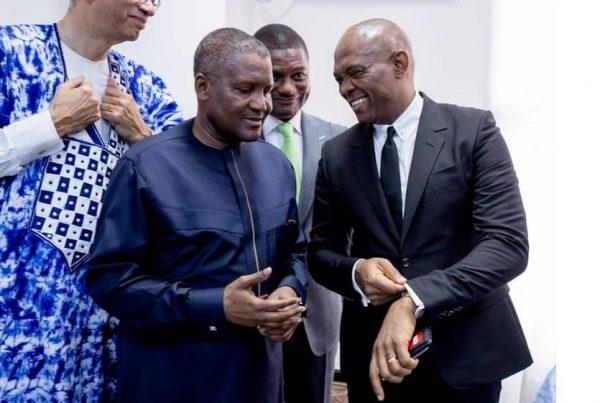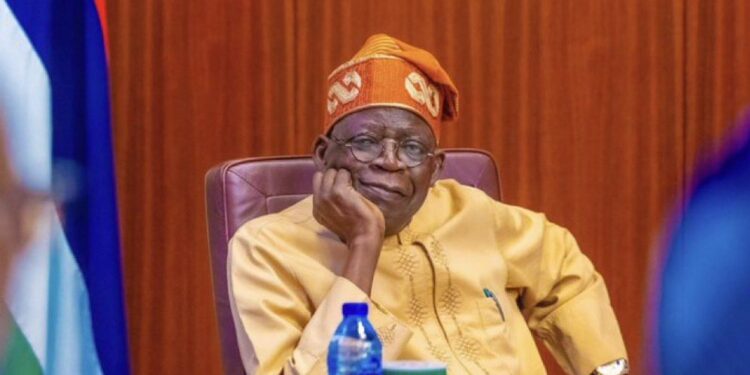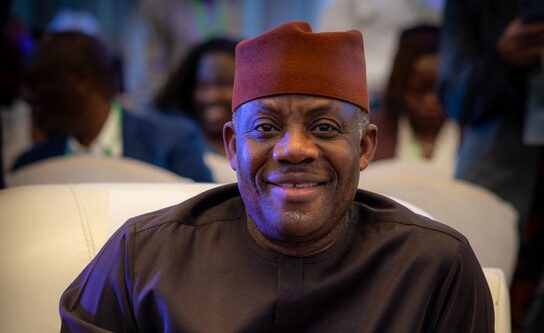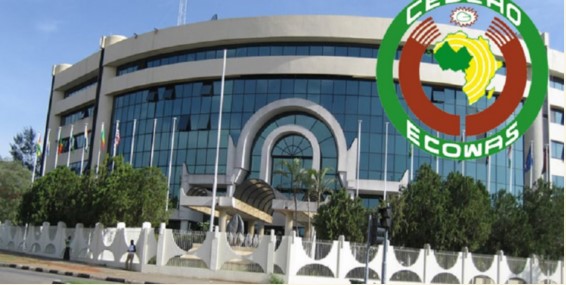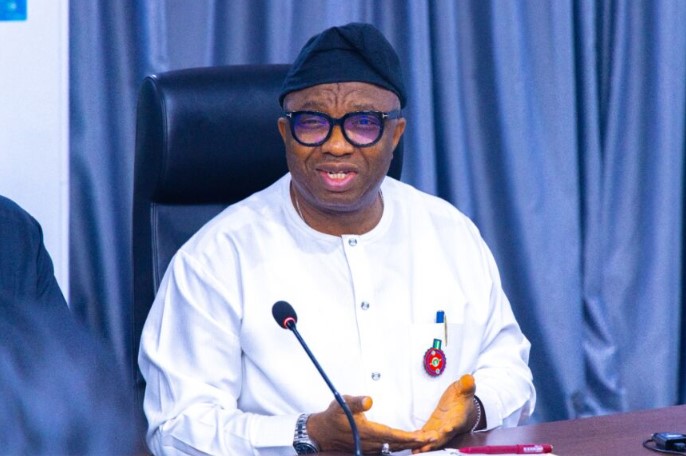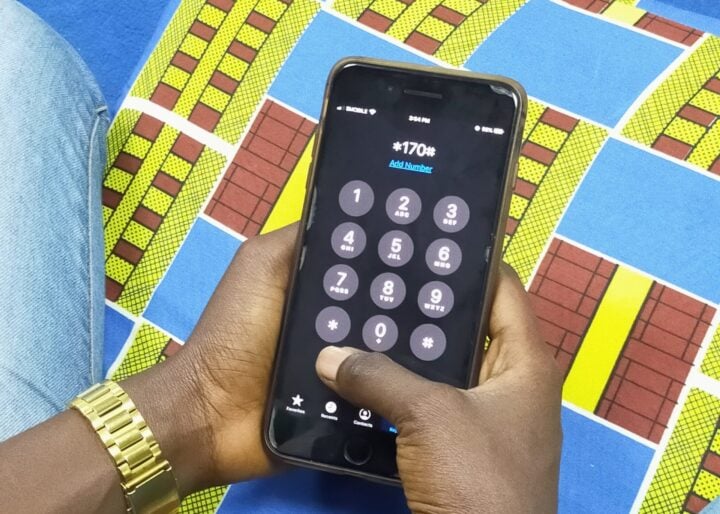Nigeria Spends N57.4bn On Debt Servicing In 6 Months

According to CBN, total debt service payments stood at N1, 082.8 billion, or 1.1 per cent of gross domestic product (GDP), made up of N64.7 billion, or $0.3 billion for external, and N1, 018.1 billion for domestic debt.
Did you know? You can comment on this post! Just scroll down
The breakdown revealed that CBN’s debt services/payment in January stood at N15.2 billion ($50.8 million) but dropped to N6.9billion ($22.6million) in February.
The data from CBN revealed that debt service/payment rose to N14.4 billion ($47.05million) in March and close April at N9.9billion ($32.5million).
For May and June, that closed at N10 billion ($33.1 million) and N502million ($1.6 million) respectively.
Data obtained from CBN revealed that debt services/payment in prior six months was around $166 million, while the total debt services/payment according to CBN was at $349.6 million in 2016.
The CBN continued to issue treasury bills at a double digit yield to support federal government’s financing infrastructures as dwindling global oil price has tumbled the nation’s economy into recession over the past year.
The $1 billion Eurobond issue early in the year was approximately eight times oversubscribed.
Managing director, Cowry Assets Management Limited, Mr Johnson Chukwu, in a phone chat with LEADERSHIP said, the apex bank borrowed from the public with the issuing of treasury bills and a certain debt services must be rendered on those borrowed funds.
According to him, “The CBN borrowed from the investing public by the issuing of treasury bills. Those money market instruments have cost. The debt service/payment reported by CBN might be linked to treasury bills and short-terms instrument they mopped out from the system.
“Interest rate on treasury bills is around 18.5 per cent and it is not strange that CBN is paying highly on the value of borrowing.”
He noted that higher borrowing by federal government tends to crowd out private sector.
“When government is borrowing at a high interest rate, there is no motivation for banks to lend to private sector. Besides, it led to high cost of credit in the economy,” he added.
Managing director, Highcap Securities Limited, Mr David Adnori said, “The federal government has debt in naira and foreign exchange.
“The government has over borrowed. If you look at debt services obligations, compared to the budget, it is on a high side which makes it dangerous. If anything happens and government unable to service its debt, it will affect the credit worthiness of the country,” he said. In his comment, the head, Research and Strategy at GTI Securities Limited, Mr Chucks Anyanwu, noted that government’s borrowing has been a mixture of short- term and long-term from international investors.
Article Posted 7 Years ago. You can post your own articles and it will be published for free.
No Registration is required! But we review before publishing! Click here to get started
One Favour Please! Subscribe To Our YouTube Channel!
468k
Cook Amazing Nigerian Dishes, Follow Adorable Kitchen YouTube Channel!
1.1m
Like us on Facebook, Follow on Twitter
React and Comment
Click Here To Hide More Posts Like This
Watch and Download Free Mobile Movies, Read entertainment news and reports, Download music and Upload your own For FREE.
Submit Your Content to be published for you FREE! We thrive on user-submitted content!
But we moderate!



